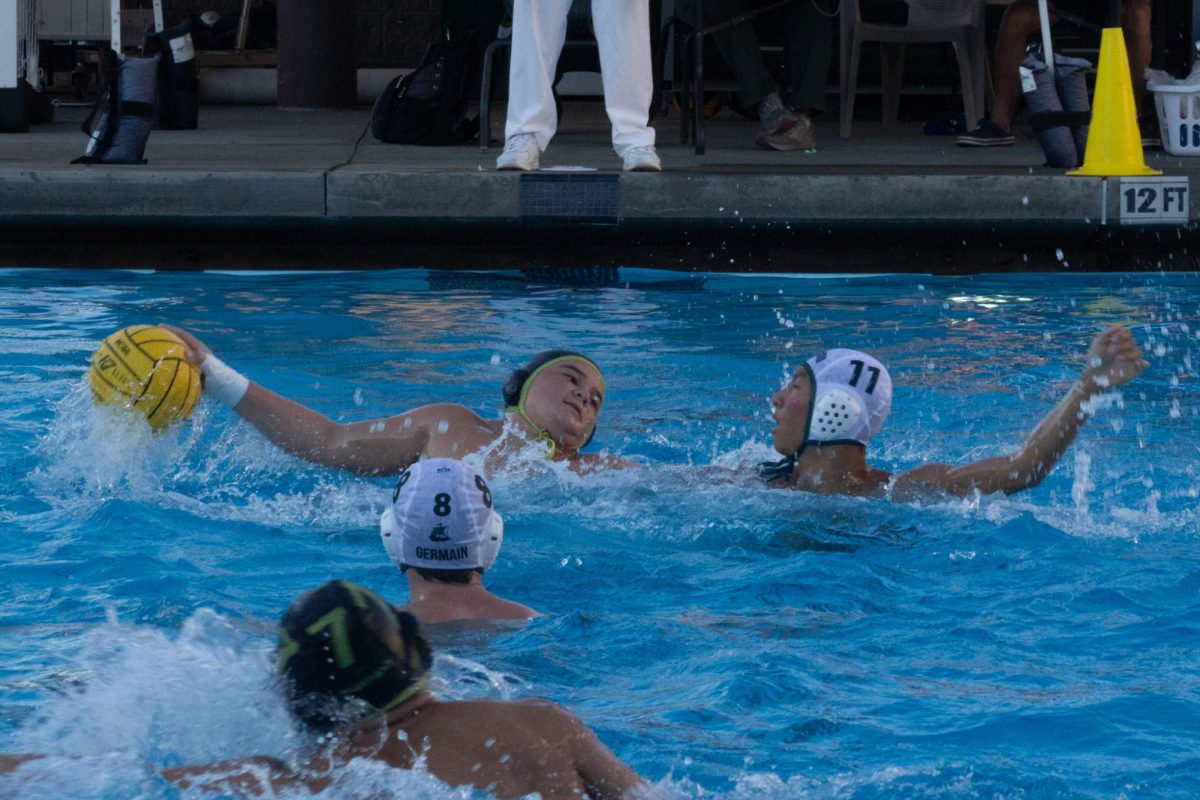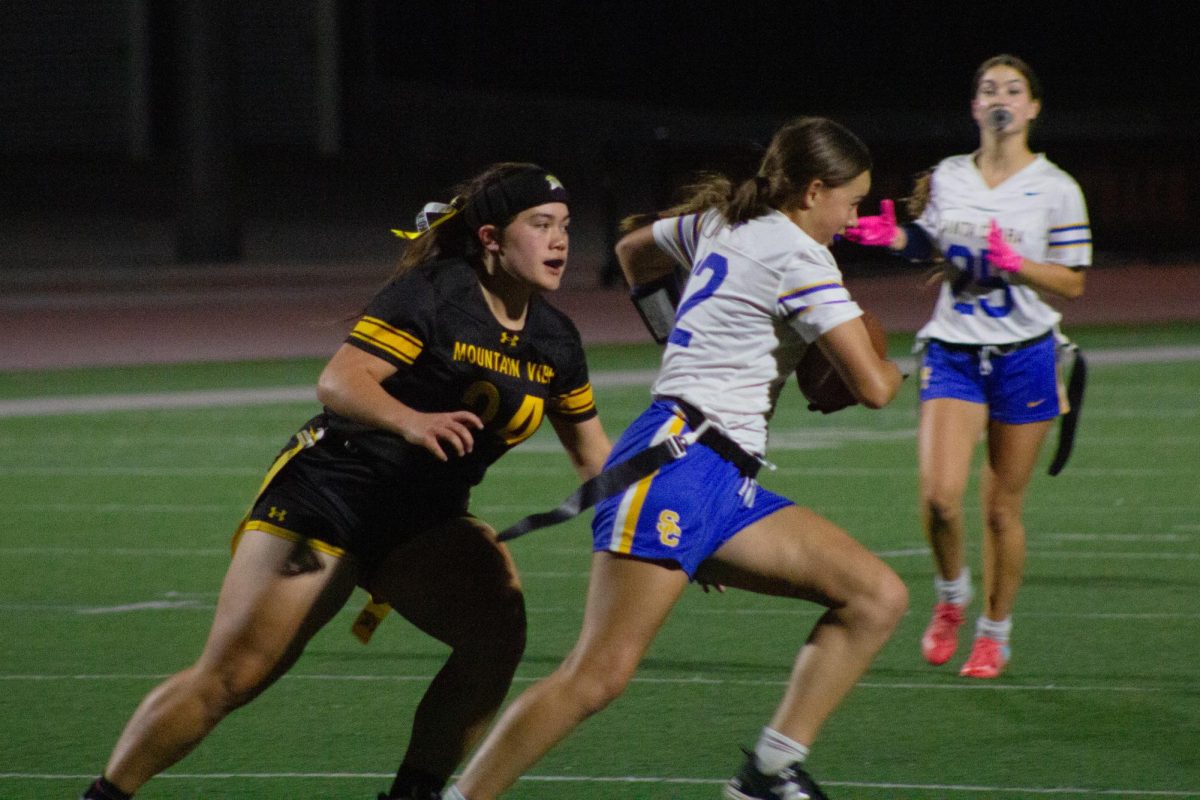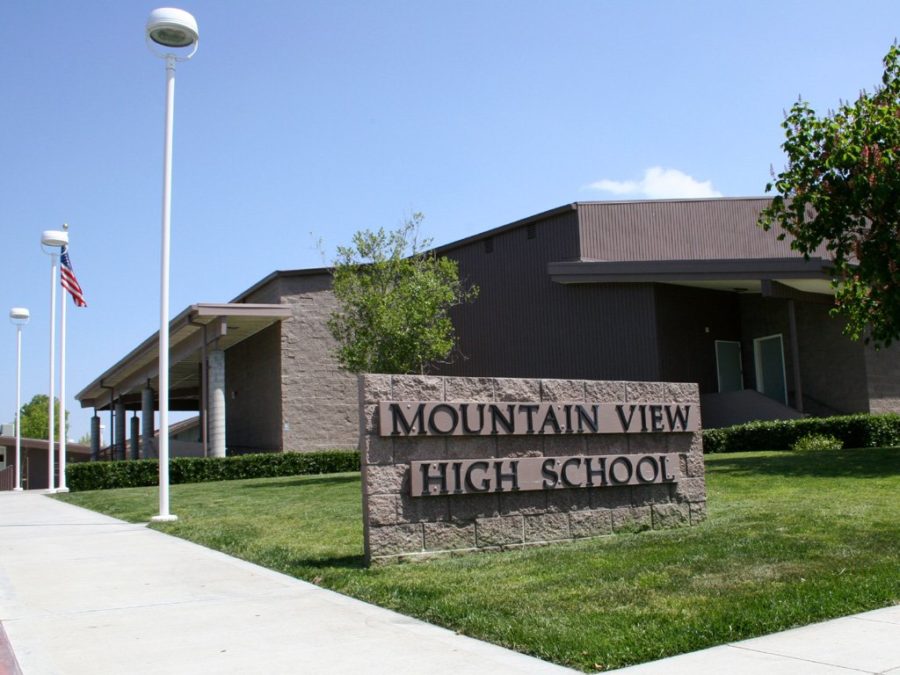According to California’s Department of Social Services, the Assembly Bill 12 (AB 12) was passed in October of 2010. AB 12 is considered to be amongst the greatest legislative accomplishments in foster care history.
“AB 12 drastically changed foster care, by optionally extending foster care until age 21; increased support for kinship care (opportunities for youth to live with family members); improved education stability; coordinated health care services; and expanded federal resources to train caregivers, child welfare staff, attorneys, and more,” the bill stated.
There are 1,247 foster kids in the Santa Clara County that have been affected by the passing of this bill and one of them, Berenice Martinez, is currently a senior at Mountain View High School.
It is important that students are informed about the situations that their classmates are in so that they can be understanding and considerate to all of the diverse groups existing around them—even those that are not easily recognized.
“In the foster system there are different levels of group homes, shelters, foster homes, and receiving centers. I am currently in a level 12 group home and I really like it cause even though we don’t have our family with us, our home is very family oriented. [Us foster kids] live with each other and we see each other every time we come home,” Martinez said.
The different levels of group homes and the foster child is placed in a certain level based on their needs. Each level provides a different level of structure, supervision, and service. Group homes provide the most restrictive out-of-home placement option for children in foster care. After talking to Martinez, it is apparent that group homes do impose limitations or restrictions on the activities and freedom of the foster kids.
“In group homes you don’t get a lot of privileges like going out or getting your phone,” Martinez said. “I don’t think that other students have advantages over me. The only difference is that most students have parents and a family to support them. I don’t get that circle of natural support. But, on the other hand, I get a lot of advantages and extra support in school. Living in a group home is a big help because the supervisors are strict when it comes to school and they support us by providing tutoring and arranging meetings with our teachers when we need it. We are also given a good place to study and we have computers and other technology.”
“I have to advocate for services and I haven’t always felt supported by state and county agencies overseeing foster care,” Lorraine Hanks, a foster parent in the Bay Area, said.
The training programs that the government has promised to strengthen, only as of 2010, are of great importance to foster parents like Hanks because they believe that good training is vital to eventually creating the best life for foster kids. People like Lorraine Hanks are able to ensure that students like Berenice Martinez are given the best no matter their situation.
“This is a 24-hour job. If you feel respected, you can handle anything… I do this because when you look at where the children came from, this gives them an opportunity to see something different, to reach their goals and reach for success,” Hanks said.
Foster kids need dedicated caregivers so that their lives have stability and tranquility. Foster kids rely on caregivers for their basic needs and the boost of confidence that they may need at times, but most of all, the children learn to be independent.
“Living in a group home has shaped me a lot. I’m more mature and I’m very independent. One of the benefits that is that I know how to live on my own, whereas a lot of people don’t know how to live on their own when they’re 18 and they still have their family to rely on. On the other hand, [us foster kids] have to learn how to be independent at a young age because once we’re adults, we don’t have a home to stay in and we’re going to have to do everything on our own,” Martinez said. “When I turn 18 I am going to do AB12 extended foster care and move into a transitional housing program. I will get grants because I am in foster care so my college tuition gets paid for and while I am in college I will get a part time job. I am very thankful for this recently added program because it gives me more time to prepare for my future and it allows me to get a better college education than I would have gotten on my own.”
California has only recently begun to make major changes that will affect the lives of several students at MVHS. Either way, these individuals are a part of our community and it is important that their lives and the more recent laws that will impact them are given the proper recognition.
































